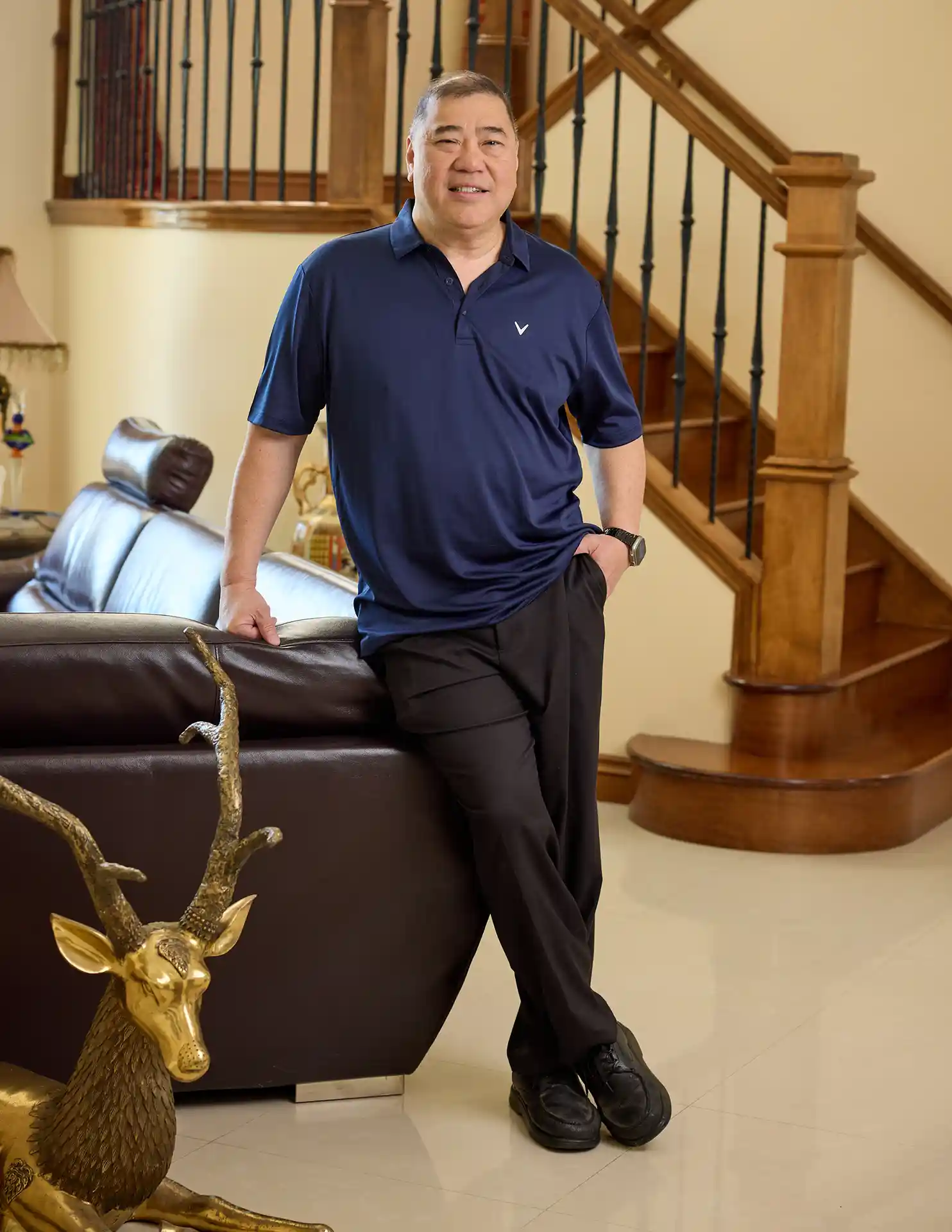Mentoring the Next Generation
Dr. Antonio Wong keeps preventive care at the forefront of medicine
By Julie Landry Laviolette
Photography by Jeffery Salter

Dr. Antonio Wong’s “Bootcamp for the Business of Medicine” equips physicians with tools to compete in an ever-changing health care climate.
A
fter serving two consecutive terms, from 2023 to 2024, as president of the Broward County Medical Association, Antonio Wong, B.S. ’84, M.D. ’90, said he is more committed than ever to preventive medicine and bringing humanity to its practice.
Dr. Wong, who is board certified in family medicine, works with MyCare Medical in Pembroke Pines, Florida. With more than 30 years of experience, he has garnered numerous honors, including the Albert Nelson Marquis Lifetime Achievement Award.
As the first Asian American president of the Broward County Medical Association, Dr. Wong founded and currently chairs “Bootcamp for the Business of Medicine” to equip physicians with tools to compete in an ever-changing health care climate and to prioritize patient care over profit-driven corporate medicine.
“The University of Miami taught me that medicine is a human endeavor, and it allowed me to interact with different populations and different cultures,” he said. “It was a very rich experience, and I owe a lot to my alma mater.”
Dr. Wong volunteers as an assistant professor at the Miller School. “I think it is important because there’s an obligation to mentor the next generation of physicians, because the transformation of medicine right now is very complex” he said. “We, as doctors, are the advocates for our patients, and we must maintain that leadership. Otherwise, someone else will take that lead, and usually the outcome is not as good as when physicians are the leading advocates for patients’ rights and health policies.”
Dr. Wong said using artificial intelligence to further preventive medicine is his next goal. “One of my biggest dreams is providing affordable and accessible preventive care to all communities, and to put preventive care at the forefront, rather than reactive care, which is more expensive and complex,” he said. “Artificial intelligence can be used as a platform to enhance the vision and administration of that concept, especially for patients who have trouble accessing care.”
A solid foundation from the Miller School has guided him throughout his career, he said.
“I am grateful for the University of Miami and for everything my mentors and my professors taught me: that the humanity of medicine is far more important than anything, and to teach that legacy moving forward. That’s basically what my parents, my professors and my university taught me, and now it’s payback time.” ![]()



